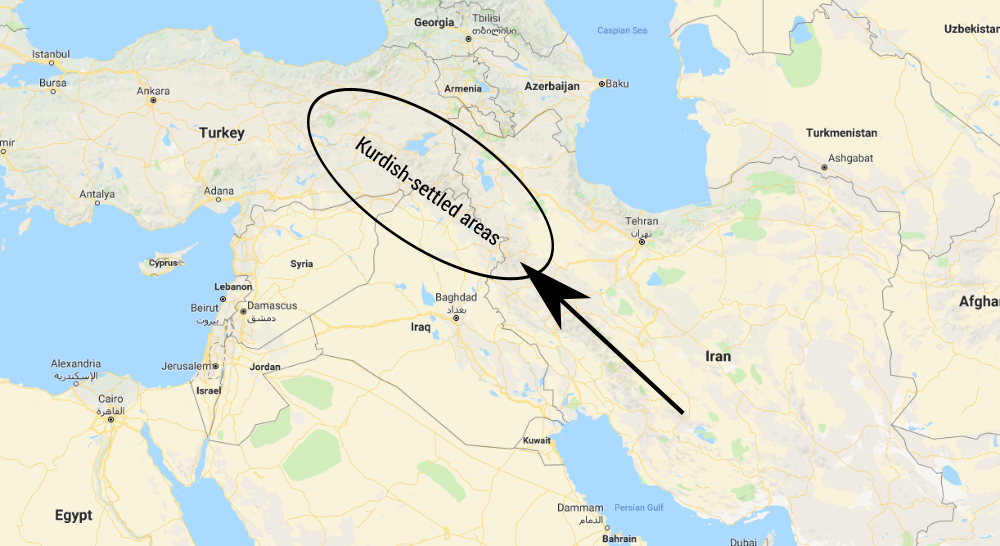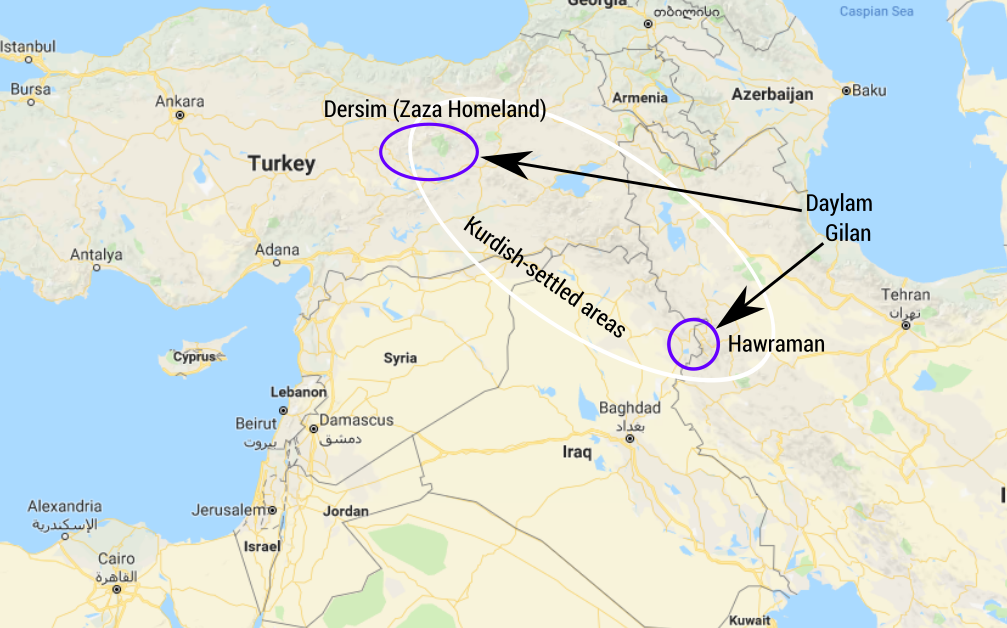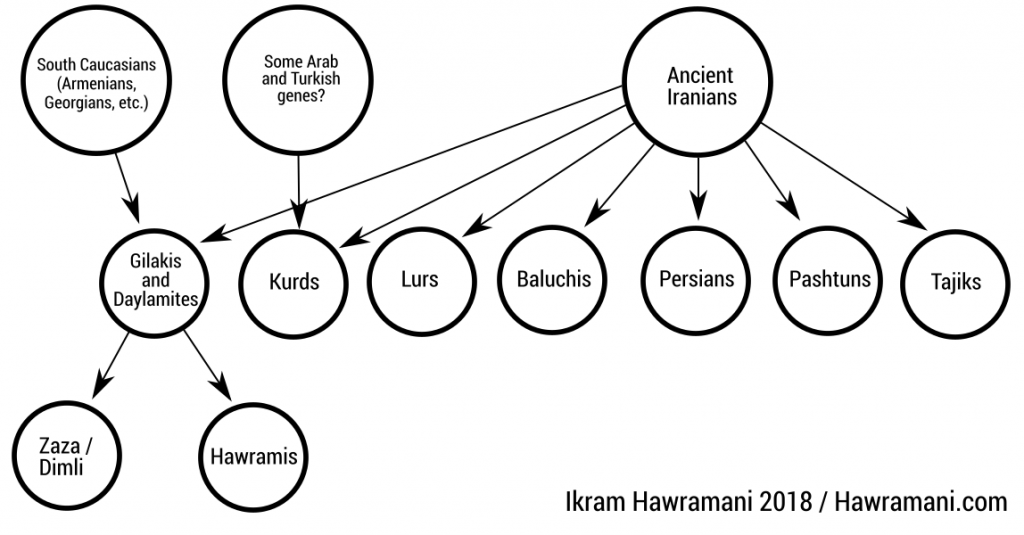Below is a response I wrote to someone who sent me a YouTube video in which the speaker argues that the hijab was necessary in ancient Arabia due to sexual harassment but that it is no longer necessary in the modern world
I will first speak of the problem with her way of thinking, then will cover the topic of hijab. What the speaker is doing is what I refer to as historical localization, which is the belief that a particular verse of the Quran applied then but does not necessarily apply now, that times have changed. If the Quran was written by the Prophet PBUH, then that would make sense. He was only a human and could not foresee all eventualities. But we believe the Quran is from God, it is His unchanged Words, which means that we have to treat it like a book written by an infinitely wise person who could foresee the fact that humanity would continue for the next 100,000 years (or however long). If something was supposed to only apply to one circumstance and not to others, then God would have told us so. What we believe is that the Quran was written by the Creator to be applied for all time. Saying that God was so short-sighted that He gave a universal command in His book that does not apply any longer is a great insult against the Creator of the universe.
So the main question is about the status of the Quran. There are two ways of looking at the Quran:
- It is by a God who is wise enough to realize that humanity would develop and change greatly over time, so that He only issues universal commands in His Book when they are meant to be applied by all people for all time (such as the commandment that we should not murder people). It does not matter whether you look at the Quran in 630 CE, in the year 2018, or in the year 50,000. God was intelligent and wise enough to give us a Book that could be applied for all time, that would stand the test of time.
- It is by someone who issues universal commands but does not realize that circumstances will change, so that he issues commands that we can ignore today.
The secularized/extreme liberal Muslims who say the Quran’s command to wear the hijab is outdated have the second view of the Quran. They believe God was not intelligent enough to realize that circumstances would change so much that the hijab would become unnecessary. But mainstream Muslims believe that since the Quran is from an infinitely wise Creator, we should treat it as if it was revealed today, whether we ourselves live in 2018 or in the year 50,000. We can use our knowledge of the circumstances of revelation to help us understand the Quran better and to discover its meaning and intent. But once we have the meaning, that meaning applies everywhere always. When the Quran says robbery is prohibited, then it is never a valid argument to say that that command only applied then and not now.
To put it another way, overwhelming evidence is needed to show that there is any command in the Quran that can be ignored, because our default assumption toward the Quran is that it is written in a timeless way that would make it stand the test of time regardless of what year or age of the universe it is.
The secularized Muslims say that they themselves can work out whether the Quran is being general or specific using their own reasoning, since to them the Quran is not from an infinitely wise Creator, but from someone who is incapable of seeing beyond the circumstances of 7th century Arabia. Their way of looking at the Quran would make perfect sense if it was written by a human, or if it was thoroughly corrupted by humans. But since we believe in the Quran as coming from our eternal Creator, then we cannot support their way of thinking. We believe God is intelligent enough to only give universal commands when they are meant to be universal. We cannot say that when God tells us to avoid murder or usury that He was stuck in the mindset of 7th century Arabia and could not foresee that we modern humans have great needs for murder and usury.
The type of thinking that tries to defuse the Quran’s meaning, saying this or that no longer applies, without providing overwhelming evidence, really originates from a lack of belief in the Quran. These are often the same people who say the miracles that are mentioned in the Quran are actually referring to metaphors rather than actual events, and that the physical Paradise mentioned in the Quran is actually a metaphor for something spiritual. They find it embarrassing to express belief in miracles in this age of science and rationality. They think that we are now past that, that we have to make a choice between either being modern and rational people or people who really take the Quran as seriously as mainstream Muslims do. This comes from misunderstanding both the nature of science and the nature of religion. As I explain in my essay Al-Ghazali’s Matrix and the Divine Template, a Muslim can be just as much a rationalist as any scientist or atheist while also believing in the Quran absolutely and completely. There is no conflict between the two once we can think “outside the box” of this universe as al-Ghazali did.
Onto the topic of the hijab, the Quran commands women to use their khimārs to cover their chests:
And tell the believing women to restrain their looks, and to guard their privates, and not display their beauty except what is apparent thereof, and to draw their khimārs over their chests, and not expose their beauty except to their husbands, their fathers, their husbands' fathers, their sons, their husbands' sons, their brothers, their brothers' sons, their sisters' sons, their women, what their right hands possess, their male attendants who have no sexual desires, or children who are not yet aware of the nakedness of women. And they should not strike their feet to draw attention to their hidden beauty. And repent to God, all of you believers, so that you may succeed.1
In the above verse, it is assumed that Muslim women will be wearing khimār, otherwise the command to use their khimārs to cover their chests would not make sense. The issue therefore hinges on the definition of khimār. The khimār is described as a “head-covering” in the respected dictionaries of the Arabic language (Lisān al-ʿArab, The Mughrib, al-Qāmūs al-Muḥīṭ, Tāj al-ʿArūs, al-Miṣbāḥ). It is what in English is called the hijab, a head-covering that is wrapped in a way that also covers the neck and chest.
The verse mentioned above is not in a context that deals with sexual harassment, therefore it was not revealed solely to solve the problem of sexual harassment as some say. The verse before it commands that we lower the gaze. And before that it talks about the rules regarding how to enter someone’s home in the proper way. And the verses after it talk about some rules regarding marriage. We have no hint anywhere in the passage that this verse is talking about a special circumstance. We have no choice but to consider it a general command meant to be followed for all time. A person who thinks it is not so, as I said, is saying that God is so unwise that He made general commands that would stop making sense eventually.
For those wondering, the Quran is not our only evidence for the hijab being obligatory. In Sahih al-Bukhari and Muslim it is mentioned that Umar [ra] kept asking the Prophet PBUH to tell his wives to cover their hair when going out, then the verse was revealed that made the hijab obligatory (al-Bukhari 147, Muslim 2170). Additionally, Imam Mālik says that it is not permissible in Islam for a woman to uncover her hair and chest to strangers, but that strangers can look at her face. Imam Mālik’s teachings were derived from what is known as ʿamal ahl al-madīna (“Medinan praxis”). This refers to the way the descendants of the Companions of the Prophet PBUH practiced Islam. These are Islamic customs that were passed down from generation to generation without necessarily being recorded in books of hadith (such as the way to say the call to prayer). Imam Mālik was taught by the Successors, who were taught by the Prophet’s Companions PBUH. One of his teachers was Nāfiʿ, a servant of the Companion Ibn ʿUmar. When Mālik says something, he is telling us the common view of the people of Medina. When he says a woman should wear the hijab, he is telling us that the people of Medina and its scholars, who were descended from thousands of the Prophet’s Companions, had the opinion that women should wear the hijab as a religious duty. So besides the Quran and a few narrations, we also have Medinan praxis supporting the hijab: the thousands of the descendants of the Companions who lived in Medina in Mālik’s time all believed that the hijab was an Islamic duty.
If, like the secularized Muslims, we were to say that verse 24:31 only applied to 7th century Arabia or medieval Arabia, we would be giving ourselves the right to nullify any verse of the Quran we want. The Quran forbids usury, but a person today could say that the verses only applied to 7th century Arabia and in this more enlightened times we have modern finance which cannot function without interest. The Quran forbids homosexuality, forced marriages, murder, stealing, and insulting one’s parents, but using historical localization, anyone can make a case for any of these things no longer applying in our modern, enlightened age.
We mainstream Muslims reject their way of treating the Quran not out of ignorance, but out of appreciation for the status of the Quran. Either the Quran is what it says it is (an unchanged and divinely protected book from an all-wise Creator), or it is false and should not be believed in. There is no middle ground here, as the majority of Muslims realize. Any error or mistake in the Quran proves either that God made an error, or that God could not protect His Book, both of which would prove that He is not all-powerful and all-knowing.
Through historical localization, you can start with any prejudices you have, throw out the verses that get in your way by saying they no longer apply, and turn Islam into anything you want. We will be perfectly happy to abandon anything in Islam if it is conclusively proven that it wasn’t meant to be applied for all time. But in the absence of such evidence, the proper assumption upon which all of Islam is built is that the Quran is universal through time and space, the way that God is universal through time and space. If the meaning of anything in the Quran could “expire” as secularized Muslims think it could, that would mean the book is not timeless.
The majority of Muslims who have read the Quran, including converts, have come to the mainstream conclusion that the Quran is universal through time and space. This is not a conclusion coming out of ignorance, it is a conclusion reached from taking the book as seriously as it asks to be taken and analyzing and critiquing everything it says. This is a conclusion reached by people with deepest knowledge of historical criticism and other Western scholarly theories, so it is entirely false to claim that anyone with the right amount of knowledge would reach the secularized Muslim conclusion.
The secularized Muslims have the right to interpret the Quran the way they want, but it is dishonest and deceitful if they suggest that anyone with a great deal of modern knowledge would come to their conclusion that things like the hijab can be abandoned. We have extremely well-educated scholars of Islam who are familiar both with classical Islam and with Western knowledge, people like Hamza Yusuf, Umar Faruq Abd-Allah and Jonathan Brown, all of whom believe in the obligatoriness of the hijab.
It is perfectly fine to examine the question of whether the hijab was only meant for the Prophet’s time PBUH or whether it is universal. There is always the possibility that something that applied in the 7th century would not apply now. But in order to properly carry out this examination, we need to agree on standards of evidence; which piece of evidence weighs more or less than another piece? The mainstream Islamic standard of evidence is that since the Quran is timeless and unchanged, when it declares a universal commandment without any hint of restrictions, then that commandment is meant to be timeless and universal. If we have a very good sociological theory about how the hijab could have applied then without applying now, that theory has to compete with our standard for judging Quranic evidence. And the Quran comes out ahead, due to having far greater weight. So we do not say that the sociological theory is nonsensical or foolish, just that it requires overwhelming evidence, sufficient evidence to overrule the Quran and the known sunna of the Prophet PBUH. And since there is no such evidence, we cannot in good conscience follow the sociological theory. So if a secularized Muslim wishes to prove that their theory is correct, then they need to prove to us that the Quran is not universal through time and space. This is really the main question, the issue of the hijab is only a subsidiary of this question. The extreme liberal attitude is that God couldn’t possibly be wise and powerful enough to give us a scripture that is universal through time and space, while we believe that He is.


